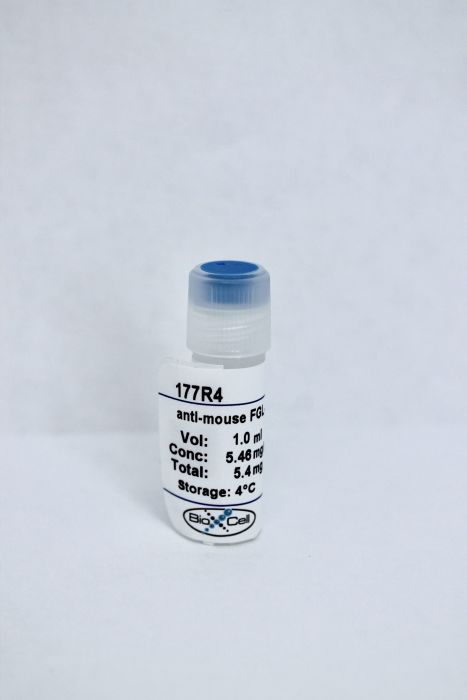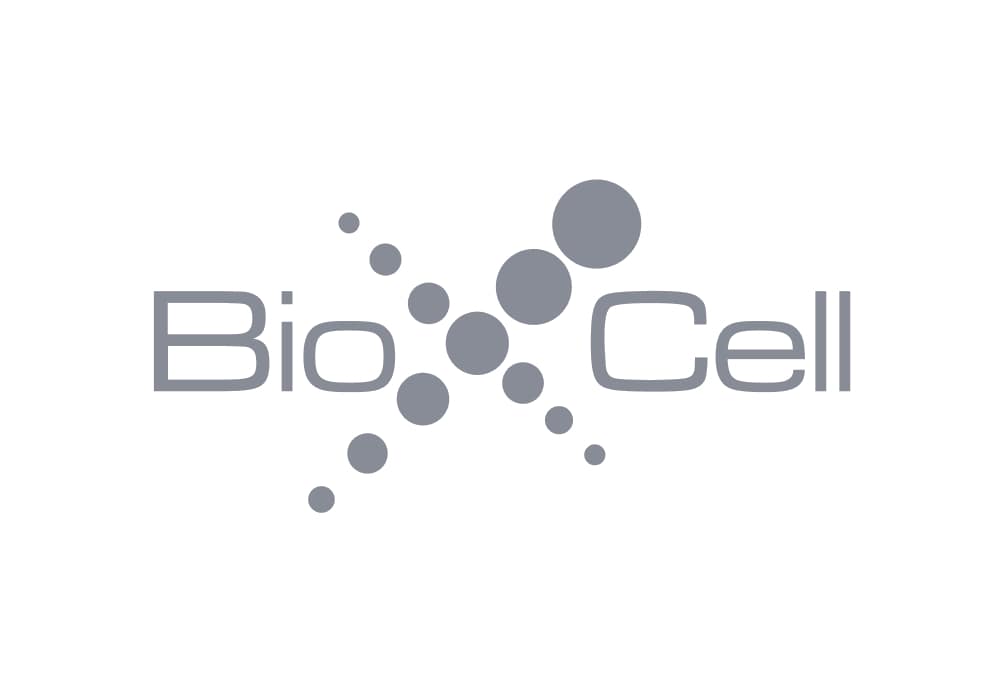InVivoMAb anti-mouse FGL-1
Product Details
The 177R4 monoclonal antibody reacts with mouse Fibrinogen-like protein 1 (FGL-1). FGL-1 is a member of the fibrinogen family of proteins. Under normal physiological conditions, FGL-1 is primarily secreted from hepatocytes and contributes to mitogenic and metabolic functions. FGL-1 is produced at high levels in various tumors including lung cancer and melanoma. High FGL-1 expression is associated with resistance to anti-PD-1/PD-L1 therapy and poor prognosis of cancer patients. Recently, FGL-1 has been identified as a major inhibitory ligand for LAG-3, a receptor that negatively regulates the proliferation, activation, and effector function of T cells. In murine cancer models, the 177R4 clone has been shown to block FGL-1 binding to LAG-3 resulting in boosted T cell activity and slowed tumor growth.Specifications
| Isotype | Rat IgG2a, κ |
|---|---|
| Recommended Isotype Control(s) | InVivoMAb rat IgG2a isotype control, anti-trinitrophenol |
| Recommended Dilution Buffer | InVivoPure pH 7.0 Dilution Buffer |
| Immunogen | Murine FGL-1-Ig fusion protein |
| Reported Applications |
in vivo FGL-1 blockade in vitro FGL-1 blockade Flow cytometry Immunohistochemistry (paraffin) |
| Formulation |
PBS, pH 7.0 Contains no stabilizers or preservatives |
| Endotoxin |
<2EU/mg (<0.002EU/μg) Determined by LAL gel clotting assay |
| Sterility | 0.2 μM filtered |
| Production | Purified from tissue culture supernatant in an animal free facility |
| Purification | Protein G |
| RRID | AB_2894752 |
| Molecular Weight | 150 kDa |
| Storage | The antibody solution should be stored at the stock concentration at 4°C. Do not freeze. |
Recommended Products
Flow Cytometry, Immunohistochemistry (paraffin), in vitro FGL-1 blockade, in vivo FGL-1 blockade
Fibrinogen-like Protein 1 Is a Major Immune Inhibitory Ligand of LAG-3 PubMed
Lymphocyte-activation gene 3 (LAG-3) is an immune inhibitory receptor, with major histocompatibility complex class II (MHC-II) as a canonical ligand. However, it remains controversial whether MHC-II is solely responsible for the inhibitory function of LAG-3. Here, we demonstrate that fibrinogen-like protein 1 (FGL1), a liver-secreted protein, is a major LAG-3 functional ligand independent from MHC-II. FGL1 inhibits antigen-specific T cell activation, and ablation of FGL1 in mice promotes T cell immunity. Blockade of the FGL1-LAG-3 interaction by monoclonal antibodies stimulates tumor immunity and is therapeutic against established mouse tumors in a receptor-ligand inter-dependent manner. FGL1 is highly produced by human cancer cells, and elevated FGL1 in the plasma of cancer patients is associated with a poor prognosis and resistance to anti-PD-1/B7-H1 therapy. Our findings reveal an immune evasion mechanism and have implications for the design of cancer immunotherapy.


